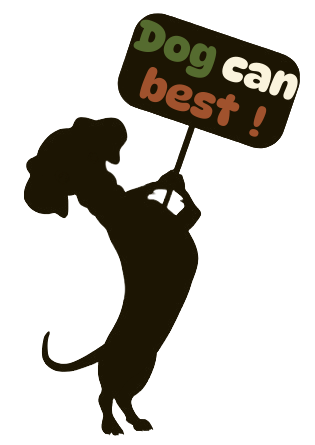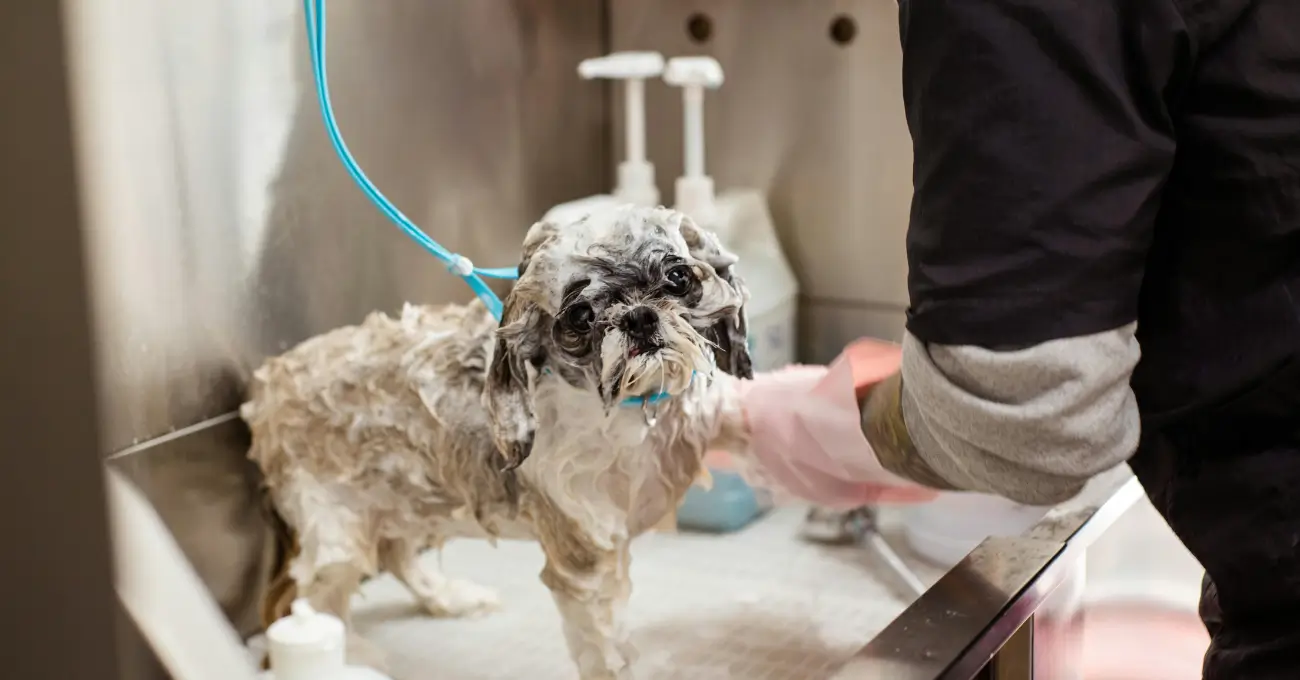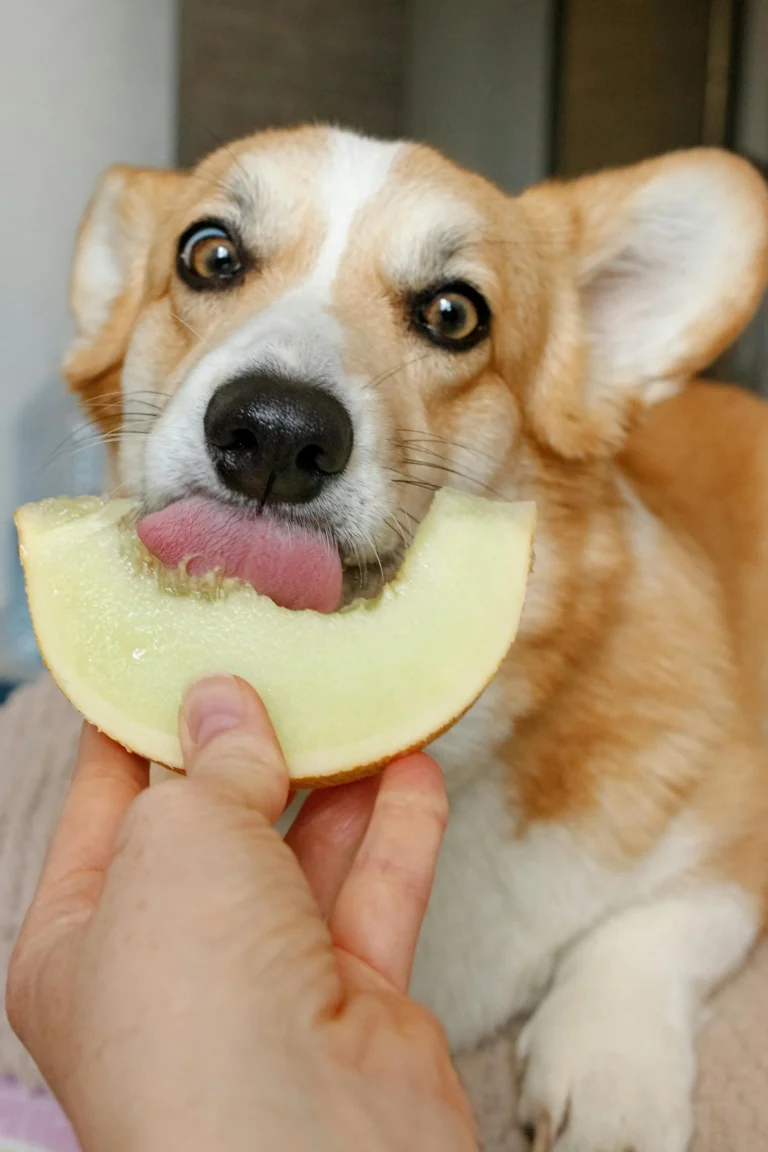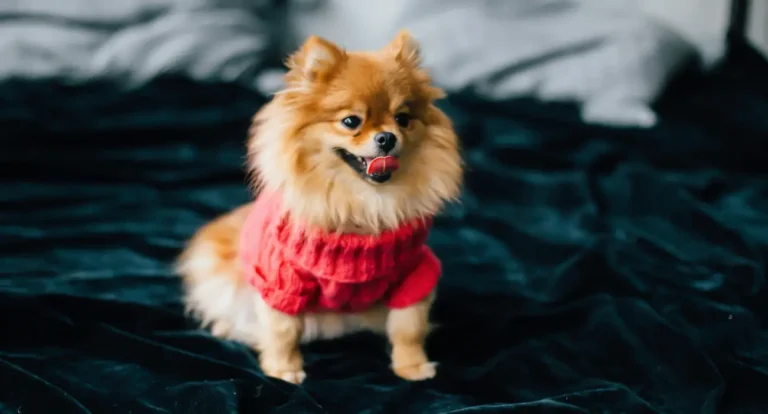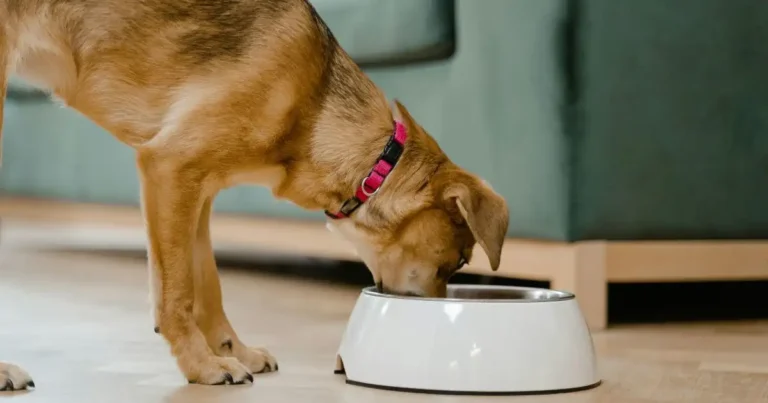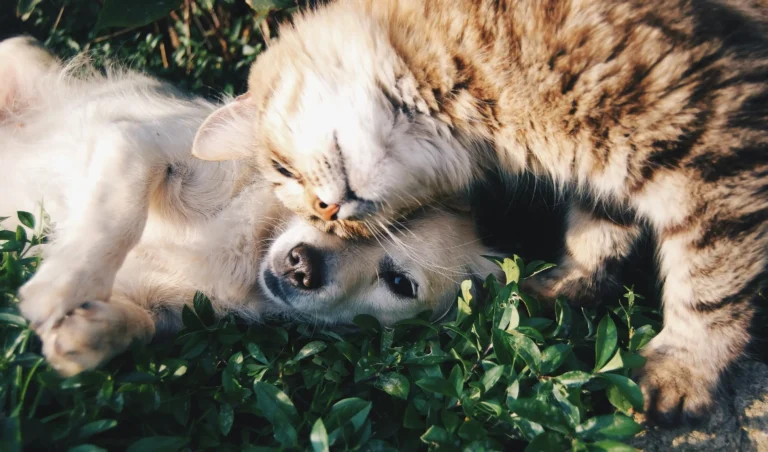How to Potty Train a Puppy in 7 Easy Steps – The Ultimate Stress-Free Guide
Potty Train a Puppy: Did you know that approximately 70% of new puppy owners regard potty training as their biggest challenge? For all of you who are frequently cleaning up accidents and feel demoralized by the slow progress you are making … be encouraged, because, with consistency and The clinical vet, academic and practical based evidence provided in this complete guide will provide the most effective, pain free, sociopathological potty training system available today.
Table of Contents
Whether you bring home an 8 week old ball of fluff or are embarking on a journey with an older rescue dog, you will be able to apply these 7 proven steps and have your puppy fully potty trained in a much shorter timescale than you ever thought possible!
We’ll cover:
✅ The science behind canine elimination habits
✅ Step-by-step training that actually works
✅ Common mistakes that sabotage progress
✅ Advanced troubleshooting for stubborn cases
✅ Expert tips to accelerate results
Let’s turn those frustrating accidents into proud potty-trained victories!
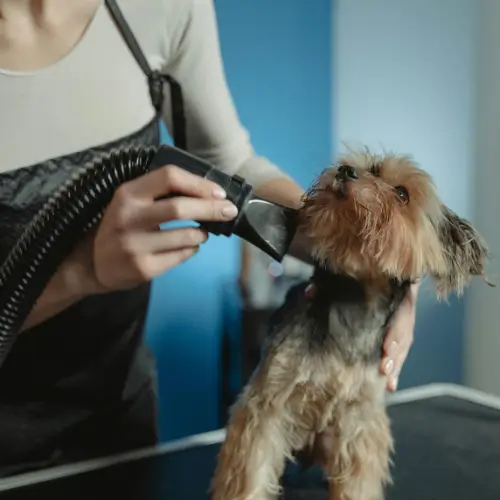
Understanding Puppy Potty Training Fundamentals
Before diving into the steps, it’s crucial to understand why puppies eliminate when and where they do – this knowledge will make training infinitely easier.
The Biology of Puppy Elimination
Newborn puppies:
- Can’t control bladder/bowels until about 12 weeks old
- Typically need to eliminate:
- Every 30-45 minutes when awake
- Immediately after waking
- Within 20 minutes of eating/drinking
Key developmental milestones:
- 12-16 weeks: Begin developing bladder control
- 4-6 months: Most can “hold it” 2-4 hours
- 6+ months: Full bladder control develops
The Den Instinct Advantage
Dogs are den animals with a natural instinct to:
- Keep sleeping areas clean
- Eliminate away from their “den”
- Establish territory through scent
We leverage this hardwired behavior through:
- Crate training
- Designated potty areas
- Consistent routines
Why Traditional Methods Fail
Common but ineffective approaches:
❌ Rubbing nose in accidents (causes fear)
❌ Random punishment (creates confusion)
❌ Inconsistent schedules (prolongs training)
The most successful modern methods use:
✔️ Positive reinforcement
✔️ Biological scheduling
✔️ Environmental management
The 7-Step Potty Training System
Step 1: Create the Ultimate Potty Training Schedule
Sample Schedule for 8-12 Week Old Puppies:
| Time | Activity |
| 7:00 AM | Immediate outdoor potty break |
| 7:15 AM | Breakfast + water |
| 7:45 AM | Supervised play |
| 8:15 AM | Outdoor potty break |
| 8:30 AM | Crate/nap time |
| 10:30 AM | Outdoor potty break |
| … | Repeat every 2 hours |
| 10:00 PM | Last water offered |
| 11:00 PM | Final potty break |
Key Adjustments by Age:
- 12-16 weeks: Extend intervals to 2.5-3 hours
- 4-6 months: 3-4 hour intervals
- 6+ months: 4-6 hour capacity
Step 2: Master the Art of Supervision
The 100% Attention Rule: When puppy is loose, your eyes are on them 100% of the time.
Effective Supervision Tools:
- Tether training (leash attached to your waist)
- Exercise pens with potty pads in one corner
- Baby gates limiting access
Spotting the Signs:
🔍 Sudden sniffing/circling
🔍 Whining or pacing
🔍 Leaving play abruptly
Step 3: Perfect Your Potty Break Routine
The 5-Minute Miracle Method:
- Take puppy to designated spot on leash
- Use a consistent cue (“Go potty”)
- Stand still and wait 5 minutes max
- If no action, return inside for 15 minutes then retry
- Immediately reward successful elimination
Pro Tip: Keep a “potty journal” tracking:
- Times of elimination
- Frequency of accidents
- Food/water intake
Step 4: Crate Training for Success
Proper Crate Setup:
- Just big enough to stand/turn around
- Comfortable bedding (unless chewer)
- Nearby but not isolated
Crate Training Timeline:
Day 1-3: 10-15 minute sessions
Week 1: Build to 1-2 hours
Week 2: Overnight crating
Common Crate Mistakes:
🚫 Using crate as punishment
🚫 Responding to every whine
🚫 Too large of a crate
Step 5: Accident Management That Works
When You Catch Them in the Act:
- Interrupt with “Ah-ah!” (no yelling)
- Scoop up and rush outside
- Praise if they finish outdoors
Cleaning Protocol:
- Blot up urine
- Apply enzyme cleaner (Nature’s Miracle)
- Let soak 10 minutes
- Blot dry
- Repeat if needed
Advanced Tip: Use a blacklight to find old accident spots!
Step 6: Gradual Freedom Training
The Room-by-Room Method:
Week 1: Single puppy-proofed room
Week 2: Add adjacent room
Week 3: Full supervised access
Freedom Milestones:
✅ 2 weeks accident-free = small area access
✅ 1 month accident-free = full house privileges
Step 7: Troubleshooting Stubborn Cases
For Puppies Who Just Don’t Get It:
- Rule out medical issues (UTI, parasites)
- Try different reward systems (higher-value treats)
- Consider belly bands for marking
- Consult a professional trainer
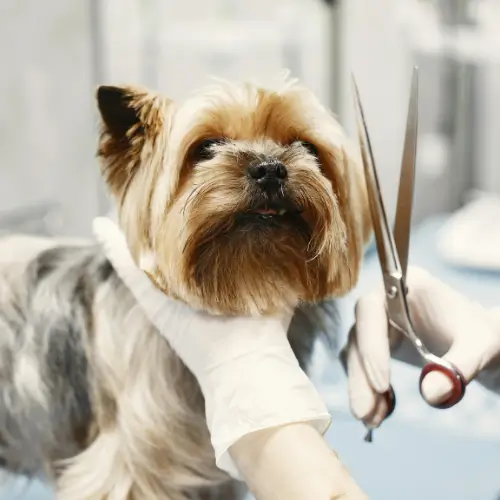
Advanced Potty Training Techniques
Weather-Proof Potty Training
Rainy Day Solutions:
- Create covered potty area
- Use artificial grass on balcony
- Reward heavily for braving weather
Winter Challenges:
- Shovel a clear path
- Use pet-safe ice melt
- Consider indoor alternatives temporarily
Apartment Training Strategies
High-rise living requires:
- More frequent outings
- Potty pad transition plans
- Elevator etiquette training
Multi-Dog Household Tips
- Train separately at first
- Prevent “follow the leader” accidents
- Individual reward systems
Potty Training Data & Research
Key Statistics:
📊 82% success rate using structured schedules (ASPCA)
📊 Crate-trained puppies learn 37% faster (Journal of Applied Animal Behavior)
📊 Average training time is 4-6 weeks (AKC)
Expert Insights:
“Puppies thrive on predictability. A consistent routine isn’t just helpful – it’s essential for rapid learning.” – Dr. Sarah Wooten, DVM
Common Potty Training Mistakes
The Dirty Dozen to Avoid:
- Inconsistent schedule
- Punishing after the fact
- Free access to water 24/7
- Too much freedom too soon
- Not using enzyme cleaners
- Ignoring early warning signs
- Relying only on puppy pads
- Not supervising adequately
- Changing methods too often
- Expecting overnight success
- Neglecting to reward success
- Getting frustrated visibly
Pro Tips from Top Trainers
Accelerate Your Success With These:
🎯 Use a specific “potty” command
🎯 Keep treats by the door for instant rewards
🎯 Train the whole family to follow the same routine
🎯 Phase out treats gradually after mastery
🎯 Consider a potty bell system
When to Seek Professional Help:
- Persistent accidents after 12 weeks of training
- Fear/anxiety around elimination
- Sudden regression in trained dogs
FAQs
Q: My 5-month-old still has accidents – is this normal?
A: While most puppies are reliable by 6 months, some take longer – especially smaller breeds. Re-examine your routine and supervision.
Q: Should I use pee pads or go straight outdoors?
A: Outdoor training is ideal, but pads can be a temporary solution for high-rise dwellers or bad weather. Transition outdoors ASAP.
Q: How do I handle nighttime potty training?
A: Set alarms every 2-3 hours for young puppies. Most can sleep through the night by 4 months. Limit water 2 hours before bedtime.
Q: Why does my puppy pee right after coming inside?
A: Likely didn’t fully empty outside. Wait longer outside (10-15 minutes) and reward only after multiple eliminations.
Conclusion & Next Steps
You’re now armed with the most comprehensive potty training system available – combining canine psychology, proven techniques, and expert insights. Remember:
🌟 Consistency is everything
🌟 Accidents are learning opportunities
🌟 Every puppy learns at their own pace
Ready to transform your puppy? Here’s your action plan:
- Set up your crate/schedule today
- Stock up on enzyme cleaner and high-value treats
- Commit to 2 weeks of intensive training
- Track progress in your potty journal
Share your success stories below! What potty training challenges have you overcome? For more expert puppy guidance, explore our [Complete Puppy Training Series].
Here’s to fewer messes and more wagging tails! 🐕💕
